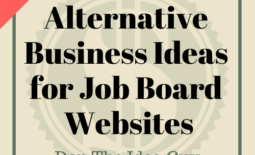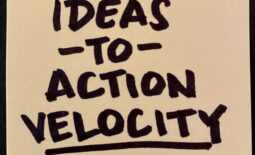You Don’t Know What You Don’t Know
There are things you know that you know, and things you know that you don’t know… but there are also a metric ton of things you don’t know that you don’t know.
As I’ve mentioned before, we are all ignorant about something (and that’s not an insult, it’s just a fact that we can’t know everything about everything). The quickest way to get into trouble is to pretend to possess knowledge about a topic that you don’t have. It’s too easy for you to make obvious or to get called-out about your lie.
When I’m working with a client in a field that I don’t know about…
- I do research in advance to gain some cursory or specific knowledge
- I then use that bit of knowledge to ask smarter questions of my clients in order to leverage their insights to increase my own personal knowledge
- And then I ask the client “What questions am I not asking that I should be?”
What questions am I not asking that I should be asking?
I save this question for near the end of the conversation. Their response let’s me know if I’ve done an adequate job with my questions so far, or if I’ve left too many important questions unasked.
The best part about asking this question is that if you’ve done a good job, the client will say “No, you’ve asked some really good questions. I can’t think of anything else to tell you” — and even if the client has some additional insight to share that you neglected to ask about, they will lay them all out on the table before you.
When you’re transparent with your customers about not knowing what you don’t know, they can become your ally. Instead of trying to prove how smart you are (which can become a competition between you and your client), letting your client know that you’ll be counting on their expertise to help make the project a success puts you both firmly on the same side team.
And now you know.



